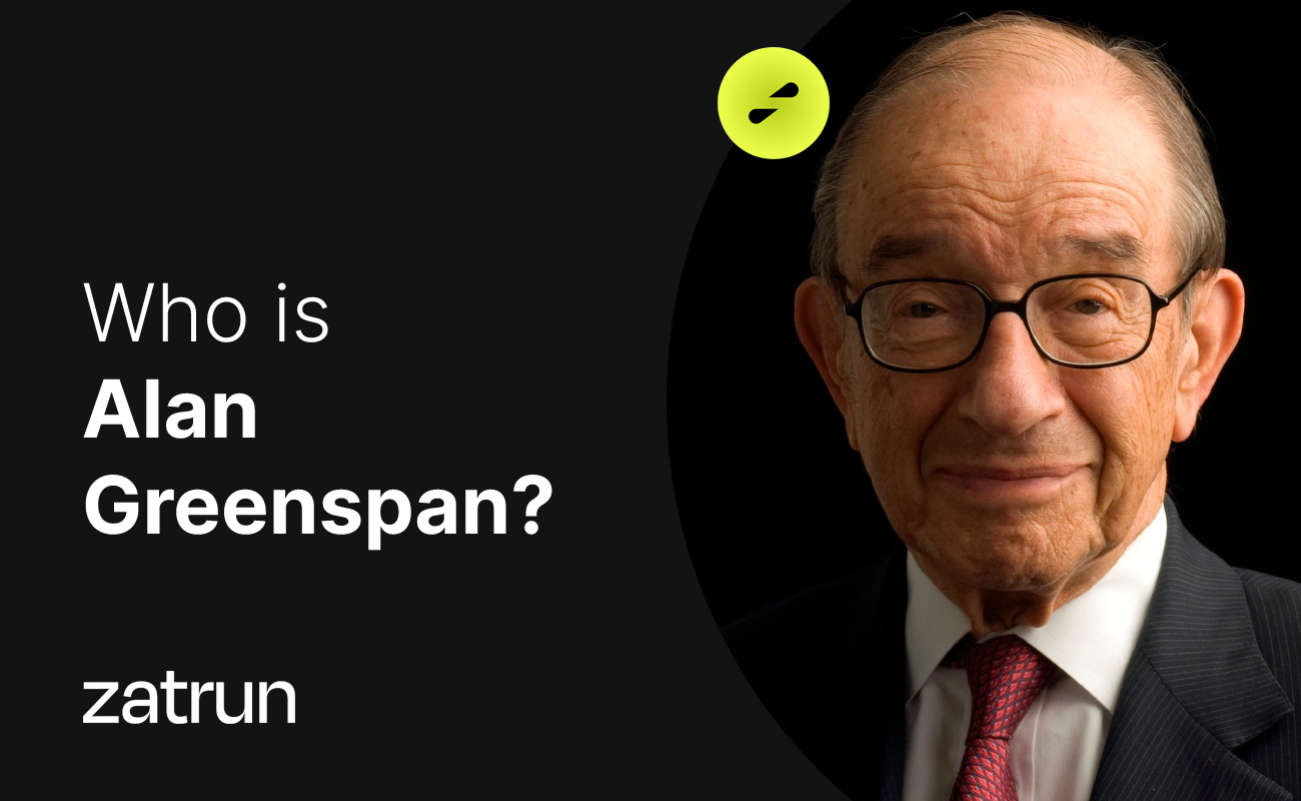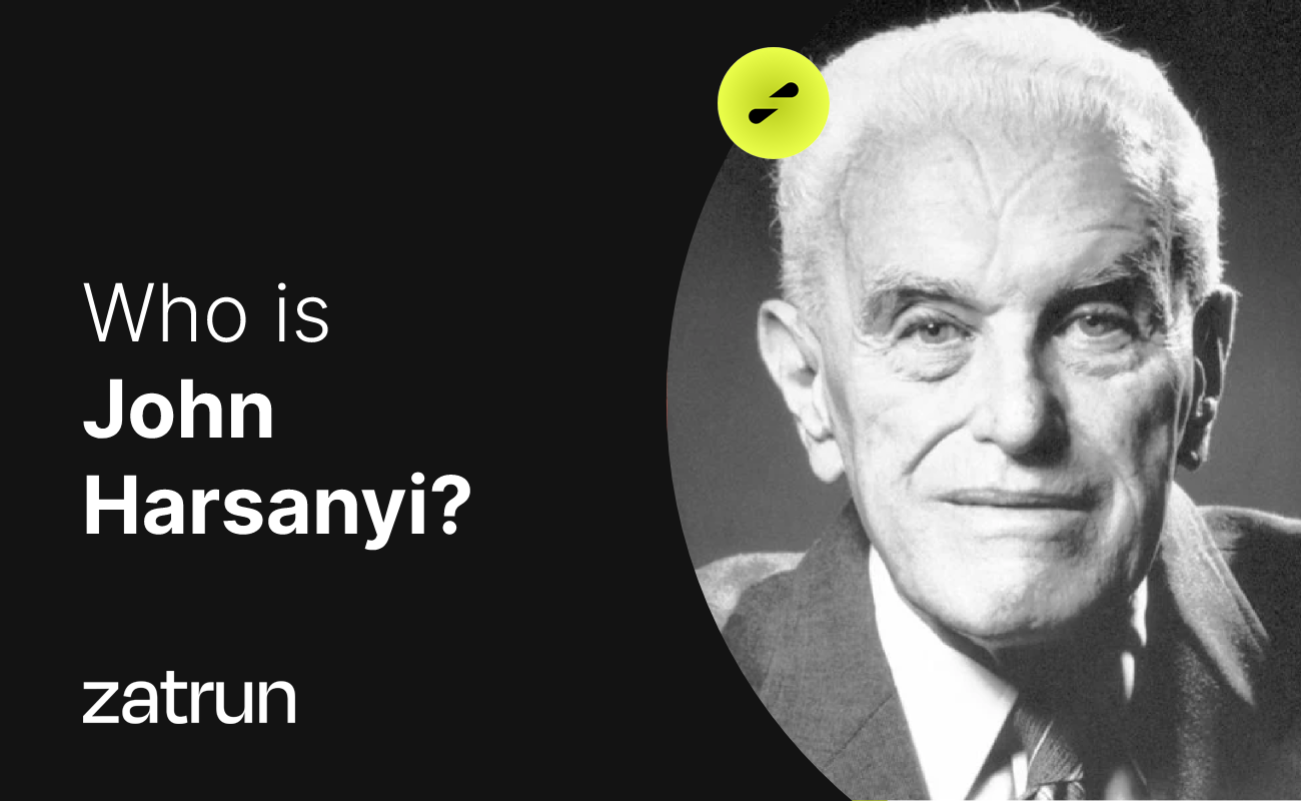In our article “Who is Mahbub ul Haq: A Famous Pakistani Economist?” published on Zatrun.com, we will delve into everything you need to know about Mahbub ul Haq, the renowned Pakistani economist, international development theorist, and politician.
Who is Mahbub ul Haq?
Mahbub ul Haq was a Pakistani economist, international development theorist, and politician. He served as Pakistan’s Finance Minister from April 10, 1985, to January 28, 1986, and was appointed as an adviser in 1988 to serve again. He was one of the greatest economists of his time and designed an index called the Human Development Index, which is widely used to measure a country’s development.
Mahbub ul Haq was born on February 24, 1934, in Gurdaspur, Punjab Province, British Government (now the Republic of India) to a Punjabi Muslim family. His youth was marked by widespread violence and forced migration among diverse religious groups following the independence of India and Pakistan from British rule. After the partition of India, he migrated with his family to the newly formed state of Pakistan, describing that they narrowly escaped being killed on refugee trains heading to Pakistan. Upon arriving in Lahore, Haq was provided with housing by the state and decided to continue his education.

In 1953, he received a bachelor’s degree in economics from Government College University in Lahore. He then won a scholarship to attend Cambridge University, where he earned another BA in the same discipline alongside Indian economist Amartya Sen, with whom he formed a close friendship. After renewing his scholarship, Haq’s doctoral studies took him to the United States, where he earned a PhD from Yale University. Later, in 1960-61, Haq conducted postdoctoral studies at Harvard University.
Career Life:
The person who graduated in economics from Government College University in Lahore, attended Cambridge University in the UK on a scholarship and obtained a second higher degree in the same field. Later, they received a PhD degree from Yale University and conducted postdoctoral research at Harvard Kennedy School. Haq returned to serve Pakistan as the chief economist of the Planning Commission in the 1960s. After the fall of Ayub Khan in 1970, Haq served as the Director of Policy Planning at the World Bank in Washington, D.C. until 1982, playing a significant role in the restructuring of the approach to helping low-income countries.
In 1982, Haq returned to Pakistan and was appointed as the Finance Minister by the Pakistani government in 1985, overseeing the era of economic liberalization in the country. In 1989, he went back to the United States and served as a special advisor to the United Nations Development Programme (UNDP) under William Henry Draper III. At the UNDP, Haq managed the establishment of the Human Development Report and the widely accepted Human Development Index (HDI). This index uses the measure of development by quality of life as well as financial income. In 1996, Haq returned to Pakistan to establish the Human Development Centre in the capital city of Islamabad. He passed away on July 16, 1998.
Mahbub ul Haq and his Impact:
Haq is considered to have had a profound impact on global development. His book “Reflections on Human Development” published in 1995 opened up new ways for policy recommendations for human development paradigms. For instance, the United Nations Global Compact established in 2000. Amartya Sen and Tam Dalyell have determined that Haq’s work has caused “a significant change in understanding and statistical calculation of the development process.” The Economist has referred to him as “one of the visionaries of international development.” Haq was regarded as the most influential and persuasive spokesperson for the developing world.












